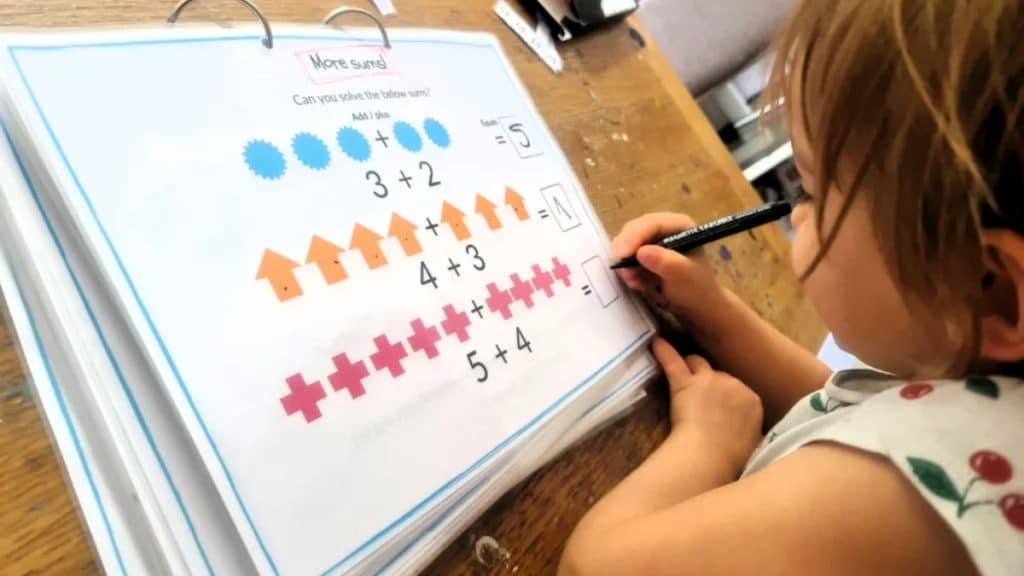For many kids, math can be a difficult topic; yet, the correct tools will make it interesting and fun. Interactive learning resources are one of the finest approaches to do this. Maths activity books offer organized yet fun activities to help pupils properly understand mathematical ideas. These books guarantee that every youngster discovers a technique that suits them as they accommodate many learning environments. They also encourage autonomous learning and ability to solve problems. These books provide a great answer for teachers and parents seeking interesting 6th grade math activities.
Promoting Practical Learning Hand-On Tools
Many times based on rote memorization, traditional teaching approaches can make arithmetic seem tiresome. But via puzzles, games, and practical applications, math activity books inspire hands-on learning. These books help youngsters to make abstract ideas real by including them in situations of problem-solving. These interactive elements keep students interested, therefore lowering frustration and improving retention. By use of interesting activities, pupils grow to grasp mathematical ideas more deeply. They thus grow more sure of their own abilities and ready to undertake challenging tasks.
Improving Logical Thought Skills
A fundamental ability of mathematics is logical thinking, which activity books assist to acquire. Often including pattern recognition activities, logic puzzles, and sequencing challenges for developing young brains, these books Children who struggle through these challenges develop their ability to evaluate data and spot numerical relationships. Beyond arithmetic, this analytical style improves their critical thinking skills. Early on development of logical thinking helps equip kids for more complex subjects. It also gives students useful abilities to solve problems applicable in daily life.
Improving Visual Aid Engagement
To help understanding, math activity books feature vibrant images, graphs, and charts as well as symbols. Visual aids simplify and help to remember abstract concepts. These components give visual learners still another level of help in understanding new ideas. Graphs, number lines, and geometric shapes let pupils see difficulties and aid to simplify solutions. Using interesting images helps math from a boring topic become an enjoyable inquiry. This strategy helps kids to have a good attitude about education and inspire them to grow really interested in maths.
Promoting Individualized Learning
Long-term academic achievement depends on a developing freedom in learning. Children may practice problem-solving at their own speed using math activity books. Students can take their time to grasp every idea completely free from the strain of a classroom. Independent learningpromotes active attitude to education and self-discipline. Children grow accountable for their learning path as they grow more at ease addressing challenges on their own. This independence shows up in better performance in other spheres of life as well as in academics.
Creating Math Fun with Problems Based on Stories
Mathematical exercises gain a creative element from story-based issues. Many math activity books include practical situations needing mathematical thinking to be solved. These interesting stories help to make arithmetic more fun and relevant. Children see the useful applications of what they study when they apply mathematical ideas to daily problems. This strategy improves understanding and helps to make learning more significant. Students who find math relevant and enjoyable are more likely to grow to be lifelong enthusiasts in the discipline.
An amazing tool for making learning fun and successful for kids are math activity books. Activity books offer a great mix of learning and fun for kids seeking interesting 6th grade math activitiesThese books improve involvement and understanding by means of interactive activities, graphic support, and escalating challenges. They also encourage confidence, independent learning, and sharpening of logical thinking ability. They serve to reinforce mathematical fundamentals by including real-world situations and repeated exercise. These materials should be used by parents and teachers looking for original approaches to reinforce mathematical ideas..
